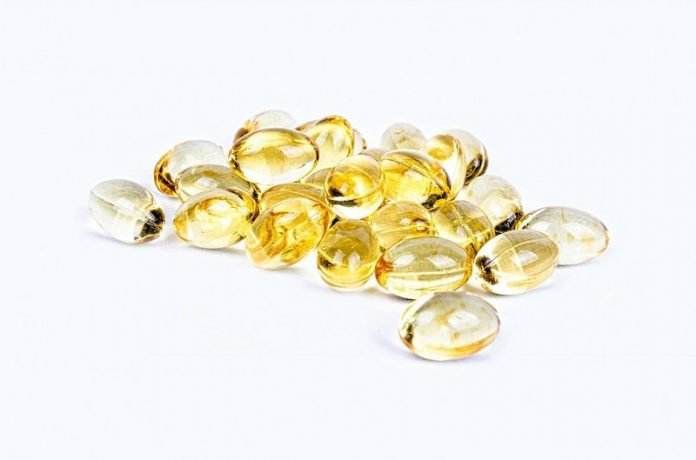
In a recent study at the University at Buffalo, researchers found that frailty can be slowed with what might be considered “over” supplementation with vitamin D, referred to as “hypersufficiency.”
The study is published in Nutrients. One author is Kenneth L. Seldeen.
When it comes to vitamin D, most adults exhibit either frank deficiency, which results in clear clinical symptoms, or insufficiency, which often goes undetected.
But how that insufficiency impacts physical health and the vulnerability of older adults to frailty as they age has been difficult to determine.
A previous study showed that long-term insufficient levels of vitamin D is linked to impaired physical performance.
In the study, the team found that even when mice had sufficient vitamin D levels throughout life and then switched to insufficient levels of vitamin D in old age, the physical impairments appeared much sooner.
They found that in aged mice, low levels of vitamin D result in physical declines, such as reduced grip strength and grip endurance—the ability to sustain a grip—and that they started developing as soon as one month after reduction of vitamin D intake.
The team also found that low vitamin D levels were associated with a decline in both balance and coordination.
Human studies showed that low vitamin D levels are associated with a greater risk of falls, particularly in frail older adults. The data support this notion.
A key finding of the study was that over the four months of treatment, vitamin D status played an important role in the onset of frailty.
The researchers found that frailty progressed in two groups of the mice whose daily vitamin D consumption was either 125 International Units (IU) per kilogram of chow, resulting in an insufficient level, or 1,000 IU per kilogram of chow, which establishes serum levels of vitamin D considered sufficient for a human.
These findings are particularly relevant to the ongoing discussions about how much vitamin D aging adults need to stay healthy.
The team recommends that older adults take a minimum of 2,000 IU of vitamin D per day.
They believe that a lifetime of ample vitamin D supplementation will optimize long-term health.
Copyright © 2021 Knowridge Science Report. All rights reserved.



